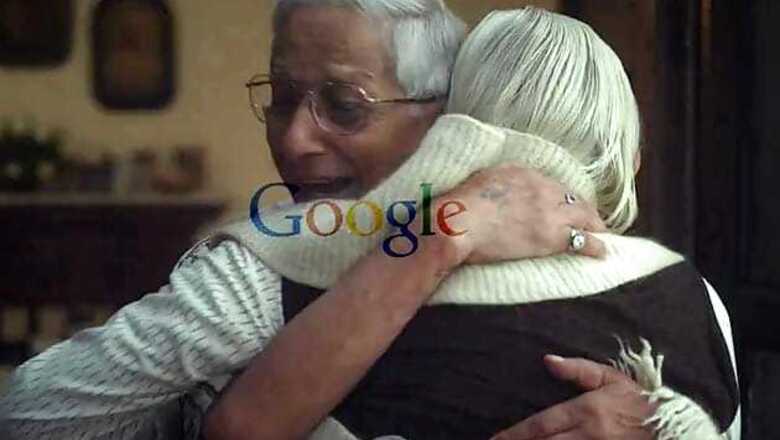
views
Islamabad: The latest advertisement by Google depicts two elderly friends who reunite for the first time after the partition of India and Pakistan, capturing the entire process in less than four minutes. If only it were that simple in reality.
For several people across the border, this is a dream that might just remain unrealised thanks to the stringent visa regulations that both countries impose on each other.
Even though both countries have moved forward by introducing a liberalised visa regime, which includes visa on arrival for senior citizens, the truth is that it remains quite a task for the common man.
Take 98-year-old Sardar Mohammed Habib Khan, a former Pakistani government official, for example.
While he hails from Pakistan-occupied Kashmir, as a forest official he worked in Srinagar and Baramulla in the state of Jammu and Kashmir in the 1940s and had applied to visit the cities three times over but with no luck.
"I have such fond memories of Dehradun because that is where I was trained to be a forest official," he says.
"But now, at the ripe old age of 98, it's almost impossible to travel, chips in his son who is in 60s. It is wishes like these that seem impossible to grant.
For Indians too, with roots in Pakistan, there is a certain wistfulness that creeps in every time they talk about the city they were born in.
"I find it ironic that I can travel the world over but can't visit Lahore without someone standing surety for me. I don't know anyone in Pakistan now but want to visit," says 87-year-old Visharda Dhawal, who moved to India during the partition.
Ashraf J Qazi, former Pakistani High Commissioner to India, stresses on the need for easier visa regimes.
"People-to-people contacts are necessary otherwise we will live in ignorance. While the elite, businessmen, students, journalists and others get to visit, people from all classes should get a chance," Qazi told PTI.
For Amrita Sodhi, a young girl from Delhi, visiting Nankana Sahib is her dream.
"I want to visit Nankana sahib and also see other parts of Pakistan where my family lived before partition. I really wish the Google ad is watched by all officials and they realise the emotional bond that exists even after years of partition," she said.
The tearjerker Google ad, meanwhile, has gone viral with many across the border appreciating it.
Social media is buzzing with it.
In September 2012, India and Pakistan had signed the much-awaited liberalised visa agreement, which included for the first time a group tourist and a pilgrim visa, separate visa for businessmen and visa on arrival for those over 65 years of age.
However it ran into rough weather as bilateral tensions escalated.
It was only in April this year that the visa on arrival for senior citizens, which was supposed to start on January 15, was put into place.
While the group tourist visa is still on hold, both countries put the blame on each other's door for the non-implementation of the process.
But it's the common man and his family that suffers.
For Fawad A to meet his Indian brother-in-law, a third country has to be chosen each time.
"It's really so hard for my parents not to be able to meet their daughter and son-in-law when they want to, even though it's barely a two-hour flight," he said.
But whether you are an Indian or a Pakistani, extensive security checks are carried out before the visa is granted.
An official lamented, "Both countries have already liberalised visa to a large extent. But tragically it remains on paper."
"For example, visas for diplomats have to be given in a month's time but it takes at least three months. Before expanding further, what is already signed should be implemented to its last word," he said.
He said that given the Indo-Pak history and security dimensions, visa cannot be issued simply.
"These days the waiting time for a visa is much shorter. If one already has a security clearance, it is faster the next time around," the official said.
####














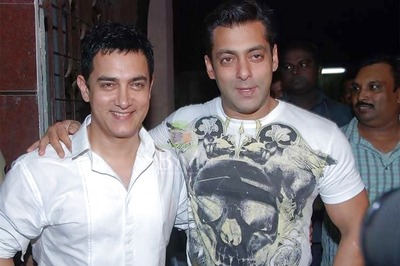
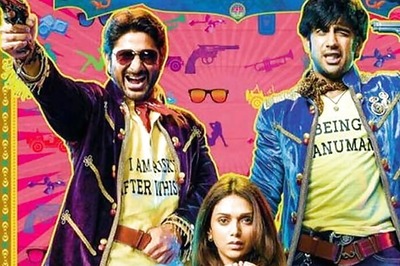


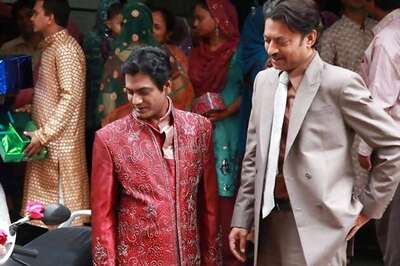
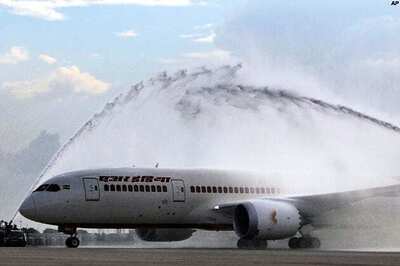
Comments
0 comment